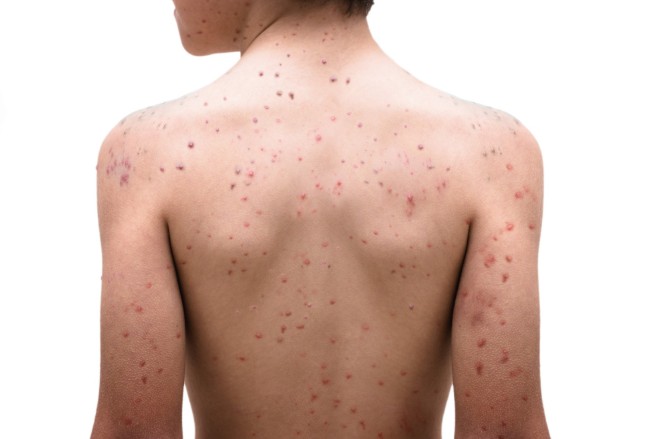NHS to Roll Out Free Chickenpox Vaccine for Children from 2026
For the first time, children in England will be offered a free chicken pox vaccine on the NHS, with the programme due to start in January 2026.
The move marks a major shift in the national immunisation schedule. And it’s expected to spare thousands of families the stress of dealing with the highly contagious illness.
The jab will be delivered as part of a new combined MMRV vaccine, covering measles, mumps, rubella and varicella (chickenpox). Eventually, this will replace the long-standing MMR.
The MMR jab for babies will, for the first time, include an extra vaccine for Chickenpox.
Medical experts say the change will help protect half a million children a year. @lornashaddick has this report. pic.twitter.com/MOGnmbDFDh
— Good Morning Britain (@GMB) August 29, 2025
Around half a million youngsters every year will be protected. Officials say the plan will not only cut severe cases but also ease the strain on parents forced to take time off work when their children fall ill.
Currently, the course costs about £150 privately at clinics and pharmacies, a price many families cannot afford.
On the surface, chickenpox looks mild. An itchy rash. A bit of fever. A week off school. But for some children, it’s far more than a nuisance.
Infections can spiral into complications such as bacterial infections, pneumonia, encephalitis, or, in rare but devastating cases, death.
Dr Gayatri Amirthalingam, deputy director of immunisation at the UK Health Security Agency (UKHSA), said: “Most parents probably consider chickenpox to be a common and mild illness, but for some babies, young children and even adults, chickenpox can be very serious, leading to hospital admission and tragically, while rare, it can be fatal.
It is excellent news that from next January, we will be introducing a vaccine to protect against chickenpox into the NHS routine childhood vaccination programme, helping prevent what is, for most, a nasty illness and for those who develop severe symptoms, it could be a lifesaver.”
The Department of Health and Social Care (DHSC) estimates the virus costs the UK around £24 million a year in lost productivity, as parents juggle childcare and work absences.
On top of that, the NHS spends roughly £15 million annually treating complications. The vaccine rollout is expected to slash both figures.
Health minister Stephen Kinnock said: “We’re giving parents the power to protect their children from chickenpox and its serious complications, while keeping them in nursery or the classroom where they belong and preventing parents from scrambling for childcare or having to miss work.
This vaccine puts children’s health first and gives working families the support they deserve.”
England is late to the party. Countries such as Germany, Australia, Canada and the US already include the chickenpox jab in their routine schedules.
Here, the decision follows a recommendation from the Joint Committee on Vaccination and Immunisation (JCVI) in 2023. It is also the first new vaccine added to the national childhood schedule since 2015.
Amanda Doyle, national director for primary care and community services at NHS England, said: “This is a hugely positive moment for families as the NHS gets ready to roll out a vaccine to protect children against chickenpox for the first time, adding to the arsenal of other routine jabs that safeguard against serious illness.
We will work with vaccination teams and GP surgeries across the country to roll out the combined MMRV vaccine in the new year, helping to keep children healthy and prevent sickness from these highly contagious viruses.”
The rollout comes as worrying data shows uptake for existing childhood jabs is slipping.
Latest figures from the UKHSA reveal none of the main childhood vaccines in England hit the 95% target in 2024/25.
Just 83.7% of five-year-olds had received both MMR doses, the lowest rate in more than a decade. Officials hope the new addition to the programme will rebuild trust in vaccinations and improve coverage.
The chicken pox vaccine represents both a public health milestone and a practical lifeline for families.
Come January 2026, a new chapter in child protection begins, one fewer itchy spot at a time.






